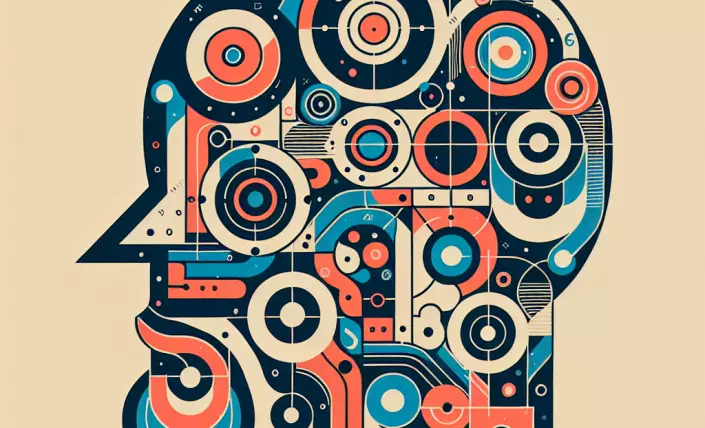In a world where chaos seems to reign and control appears as the only remedy, the concept of spontaneous order challenges us to reconsider how we understand the structures that govern our daily lives. This notion, central to the philosophy of Friedrich Hayek, suggests that order in society emerges not from top-down imposition but from the bottom-up, through the interactions of individuals pursuing their own interests. In this exploration, we delve into how this concept allows us to reflect on the nature of freedom, choice, and the intricate dance of human interactions that construct the social tapestry.
Spontaneous order, at its core, posits that complex systems and societal structures naturally emerge from the voluntary activities of individuals, without the need for centralized control. Hayek's insight offers a profound lens through which to view the world, challenging the presumption that order requires orchestration by a controlling force. Instead, it suggests that freedom and order are not necessarily opposing forces; rather, they can coexist and thrive when individuals are allowed to navigate their own paths. This reflection can be particularly enlightening when considering modern societal challenges, as it prompts us to question the efficacy and morality of overarching control versus the organic development of order through individual autonomy.
Consider, for instance, the digital world, a contemporary reflection of spontaneous order. The internet, with its vast, decentralized networks, operates largely without a central governing authority. This digital ecosystem exemplifies how order can arise from the myriad of individual contributions—each blog post, social media update, and open-source project adding to the rich tapestry of online culture and knowledge. As we navigate this digital age, the principles of spontaneous order invite us to appreciate the potential of individual creativity and collaboration over imposed regulation. This perspective encourages a reassessment of how we approach governance, education, and innovation, advocating for systems that empower individuals rather than constrain them.










